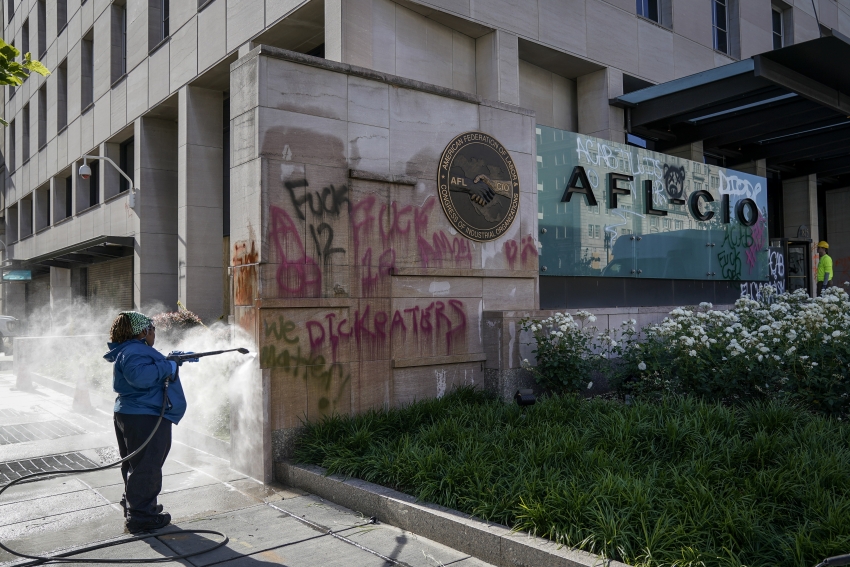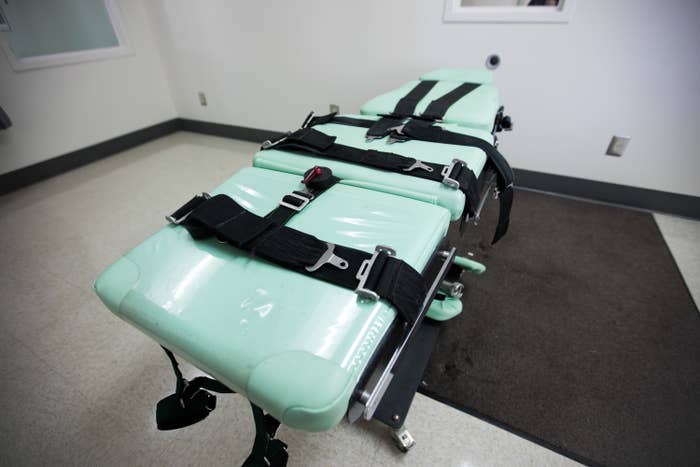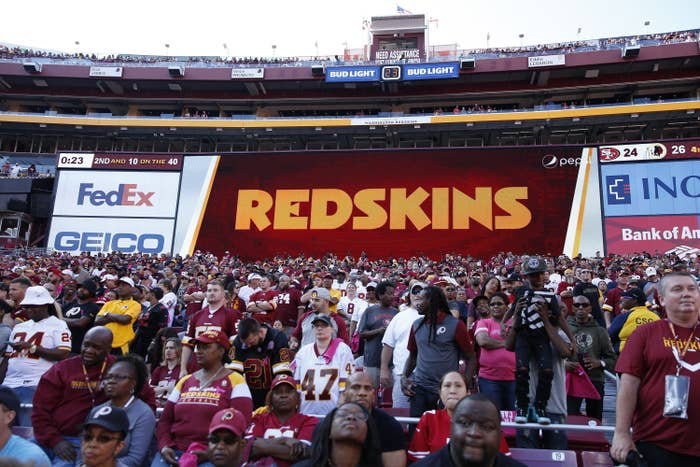BANNERS ON HQ UP THE STREET FROM WHITE HOUSE
AFTER BEING VANDALIZED AND SET ON FIRE
THE NIGHT THE WHITE HOUSE CAUSED A POST PROTEST RIOT

Left to right, Clearance Thompson, Jendaya Heredia, and London Williams, pose for a photo at Black Lives Matter Plaza near the White House in Washington, DC on Thursday, June 25, 2020. Protests continue around the country over the deaths of African Americans while in police custody. Photo by Ken Cedeno/UPI - Permalink


Left to right, Clearance Thompson, Jendaya Heredia, and London Williams, pose for a photo at Black Lives Matter Plaza near the White House in Washington, DC on Thursday, June 25, 2020. Protests continue around the country over the deaths of African Americans while in police custody. Photo by Ken Cedeno/UPI - Permalink






People walk through and sit near tents at Black Lives Matter Plaza on Saturday, July 4, 2020 in Washington, DC. On the evening of July 3, activists set up tents and plan to occupy the Plaza. Photo by Leigh Vogel/UPI

Labor Leaders Call For Police Reform Even As Police Unions Face Growing Criticism
June 10, 2020 DON GONYEA NPR
Signs outside the boarded-up entrance to AFL-CIO headquarters in Washington, D.C., read "AFL-CIO Supports Black Lives Matter" and "Criminal Justice Reform Now!"Patrick Semansky/AP
A loud and longtime complaint of civil rights activists and police reform advocates is that police unions are part of the problem of police brutality. Unions are designed to protect their members, and when it comes to officers charged with wrongdoing or excessive force, that means police unions are too often protecting bad cops and saving their jobs.
Richard Trumka, who heads the nation's largest federation of labor organizations, announced Tuesday night that the board of the AFL-CIO has adopted a set of recommendations aimed at addressing "America's long history of racism and police violence against black people."
In a statement, the AFL-CIO called for the resignations of Defense Secretary Mark Esper and Gen. Mark Milley, chairman of the Joint Chiefs of Staff, for their participation last week in a presidential photo-op in Lafayette Square in Washington, D.C. The park was cleared of peaceful protesters by the U.S. Park Police and other federal forces, including military, who used rubber projectiles and gas as well as riot shields, batons and horses.
The labor federation also said the local police union president in Minneapolis, where George Floyd was killed, should be forced to resign. Further, the AFL-CIO said its own 2013 findings must be acted upon, which the statement said could allow for a crackdown on such brutality while protecting due process rights of all public service workers. Specifically, the statement called for banning chokeholds, expanding use of body cameras, ending racial profiling, demilitarizing police forces or limiting no-knock warrants, and creating a more community-centric policing culture.
Last week, the AFL-CIO headquarters — located on 16th Street NW at what is now known as Black Lives Matter Plaza in Washington — suffered some fire damage and had sidewalk-level plate glass windows smashed during a night of massive protests near the White House.

The AFL-CIO building was damaged last week during protests in Washington.Mandel Ngan/AFP via Getty Images
Today, those windows are boarded up. And large black posters affixed to the building read "AFL-CIO Supports Black Lives Matter" in bold white letters on a black background. Someone, however, affixed smaller white signs next to such proclamations of support that say, "Hey AFL-CIO, The Posters Are Nice, But If You Believed It You Would Kick The Police Unions Out."

Enlarge this image
\
Protesters added a sign on the AFL-CIO building wall saying, "Hey AFL-CIO, The Posters Are Nice, But If You Believed It You Would Kick The Police Unions Out."Don Gonyea/NPR
That sign singles out the International Union of Police Associations. In its statement, the AFL-CIO responded that it will not cut ties with that union, one of a dozen within the federation that counts law enforcement workers as members. The AFL-CIO said those members are officers of "every color, background and stripe in America." It went on to say that they deserve the right to collective bargaining, and that the best way to influence the issue of police brutality is to "engage unions rather than isolate them."
One of those unions that represents police officers is the American Federation of State, County and Municipal Employees. AFSCME President Lee Saunders wrote in an op-ed this week in USA Today, "No union contract is or should be construed as a shield for misconduct or criminal behavior." Saunders, who is African American, also condemned the actions of the Minneapolis police officers in the Floyd case as "heinous," saying there is no justification for what they did.

LIVE UPDATES: PROTESTS FOR RACIAL JUSTICE
The 'Concerned Citizen Who Happens To Be Armed' Is Showing Up At Protests
Police unions often wield considerable political clout in many communities. Their endorsements are much sought after by candidates for office up and down the ballot.
The Fraternal Order of Police is the largest single law enforcement organization in the United States. Its president, Patrick Yoes, told NPR's Morning Edition that he agrees that police reforms are needed.
"We welcome the opportunity to sit down and have some meaningful fact-based discussions on ways to improve the law enforcement community," Yoes said.
He said there are police departments across the U.S. that have fine records when it comes to community relations. According to Yoes, they can learn from them and by creating a national standard for all communities to follow. "The last thing we want to do is have bad cops on the street," he said. "We want to correct this."
Such statements from the national head of the Fraternal Order of Police don't necessarily reflect those of local police union leaders in any given community. In Buffalo, New York, this past week, two police officers on the site of a protest were charged with assault after an elderly protester they pushed suffered a head injury when he fell backward to the pavement. In response, more than 50 officers backed their suspended colleagues by resigning en masse from the department's emergency response team.
The head of the local union — the Buffalo Police Benevolent Association — praised the resignations and told local TV station WGRZ that the accused officers were simply executing orders. President Trump also weighed in on Twitter, posting a conspiracy theory that the injured activist was working for antifa and had set up the entire incident. The White House has stood by that tweet.
That episode underscores just how polarized and partisan the debate over police reforms has become. And that only increased the difficulty of what already promised to be a complicated process.












